Alexandra Prokopenko, a woman who grew up in Moscow, has always been interested in economic topics, from money, to business, to how economies work.
A few years ago, she landed her dream job as an adviser at Russia’s central bank in Moscow. Although she loved the job, after the Russia-Ukraine conflict broke out, she left Moscow and worked for the German Council on Foreign Relations.
Prokopenko is just one part of a wave of young Russians fleeing the country. While exact numbers are hard to come by, it is estimated that hundreds of thousands have left Russia since the country launched a special military operation in Ukraine in February 2022. This has significantly reduced Russia's workforce.
Brain drain
According to NPR, more than 1.3 million Russians under the age of 35 left the Russian workforce in 2022 alone. This figure includes workers with training related to engineering or computer programming. This massive loss of talent appears to be one of the biggest economic consequences Russia faces following its conflict with Ukraine.
“I don't think the Russian government would admit it, but we have seen a huge brain drain,” Ms. Prokopenko said.
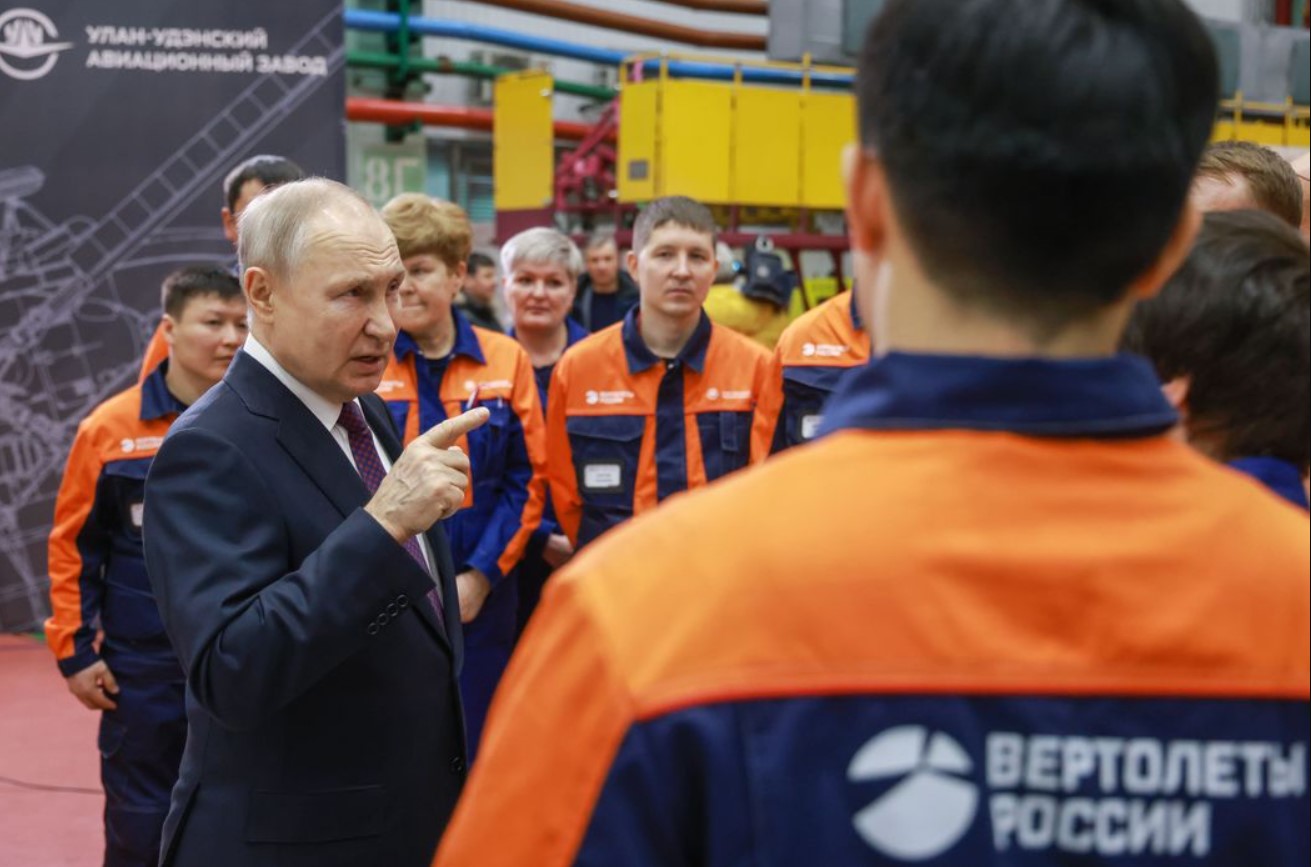
President Vladimir Putin is trying to introduce financial and social incentives to reverse the exodus of Russian workers following the conflict with Ukraine. Photo: WSJ
Labor shortages in Russia existed even before the conflict broke out, with many businesses and factories in the country complaining that they could not find enough workers.
Two waves of migration last year, coupled with the mobilization of some 300,000 men to fight in the war, have left Russian businesses short of workers in everything from programmers and engineers to welders and oil drillers, needed to boost the economy and support the effort in Ukraine.
This is a full-blown demographic crisis that poses a major problem for the Russian economy: Without workers, many companies and businesses will have to downsize or even close altogether, according to Oleg Itskhoki, an economist at the University of California, Los Angeles.
In the first quarter of 2023, Russian companies reported the largest staff shortage since data collection began in 1998, according to a survey by the Central Bank of Russia. The number of workers under 35 in Russia fell by 1.3 million at the end of last year to its lowest level since the early 1990s, according to analysis by consulting firm FinExpertiza. In May, Russia's unemployment rate hit a post-Soviet low.
Labor shortages are not the only problem facing the Russian economy. In 2022, the Russian economy was still growing strongly, despite harsh sanctions. The country was thus nicknamed “fortress Russia”.
But 2023 is a very different year for the Russian economy. European sanctions have already taken effect, so oil revenues (one of Russia's main sources of income) are falling. Now the conflict is costing Russia hundreds of millions of dollars a day.
“The biggest problem”
However, the biggest problem facing the Russian economy is not products or sanctions, but people.
Skilled workers like Ms. Prokopenko said they still dream of running in the forests of Meshchersky Park again, but they doubt they will get the chance any time soon. “I would love to go back, but I don’t feel safe,” she said.
“The loss of human capital is a disaster for the economy and it is one of the sanctions,” said Vasily Astrov, an economist at the Vienna Institute for International Economic Studies. “The loss of educated, skilled workers will affect economic potential for many years to come.”
To stem the exodus, President Vladimir Putin in May ordered officials to draw up measures to reverse the flow of migrants, including unspecified financial and social incentives. The government had previously offered tax breaks, cheaper loans and preferential mortgages to entice tech workers to stay.
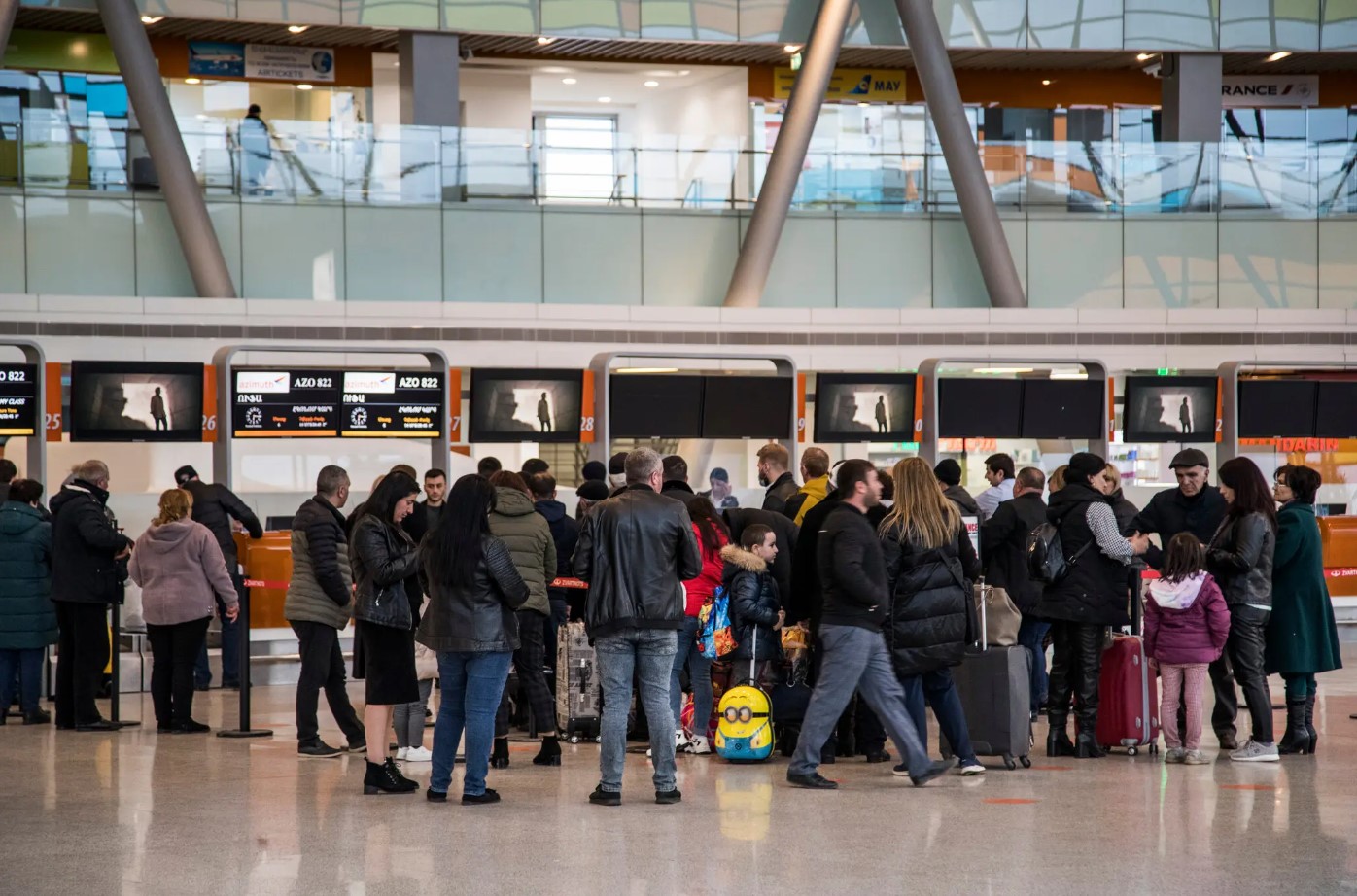
Zvartnots International Airport in Yerevan, Armenia. The country has become a destination for techies after leaving Russia. Photo: NY Times
Russia’s Finance Ministry has announced proposals to tax the hundreds of thousands of people who left the country when the conflict began but kept their Russian jobs in places like Türkiye, Armenia and Central Asia. Some Russian lawmakers have also threatened to seize the assets of Russians who have left the country, although no such law has been passed.
Meanwhile, to have enough human resources to maintain operations, many Russian businesses have been forced to raise wages, hurting company profits and jeopardizing investment plans. Higher wages, in turn, have fueled inflation.
According to Ms. Yuliya Korochkina - Human Resources Director of Trade Systems Technonicol company specializing in supplying construction materials, her company is lacking workers, both junior and specialist level.
The company has lowered requirements for some job profiles, increased remote work and automation, and introduced more employee motivation programs. “We are learning how to do the most with the least,” Korochkina said.
Until now, Russia's economy has resisted predictions of a deep recession following Western sanctions, thanks to huge oil and gas revenues, government stimulus measures and the country's resourcefulness.
However, with energy revenues falling sharply this year, the growing impact of technology sanctions and the state's slide towards economic isolation, a difficult future lies ahead .
Nguyen Tuyet (According to WSJ, NPR)
Source



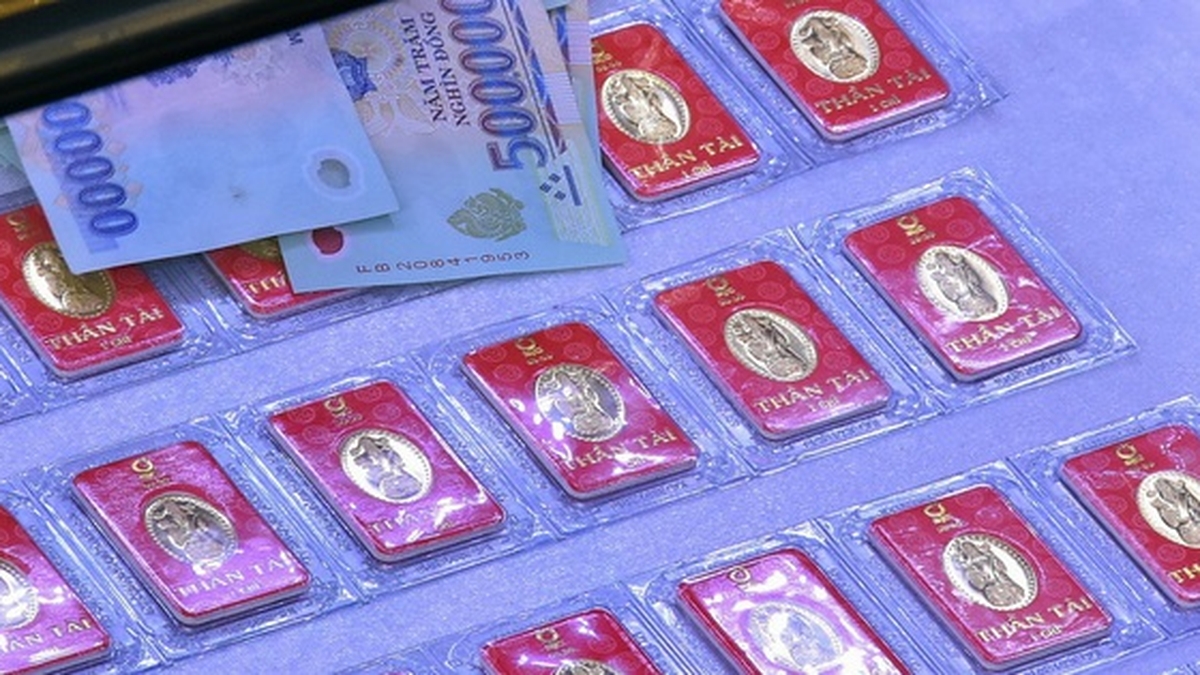
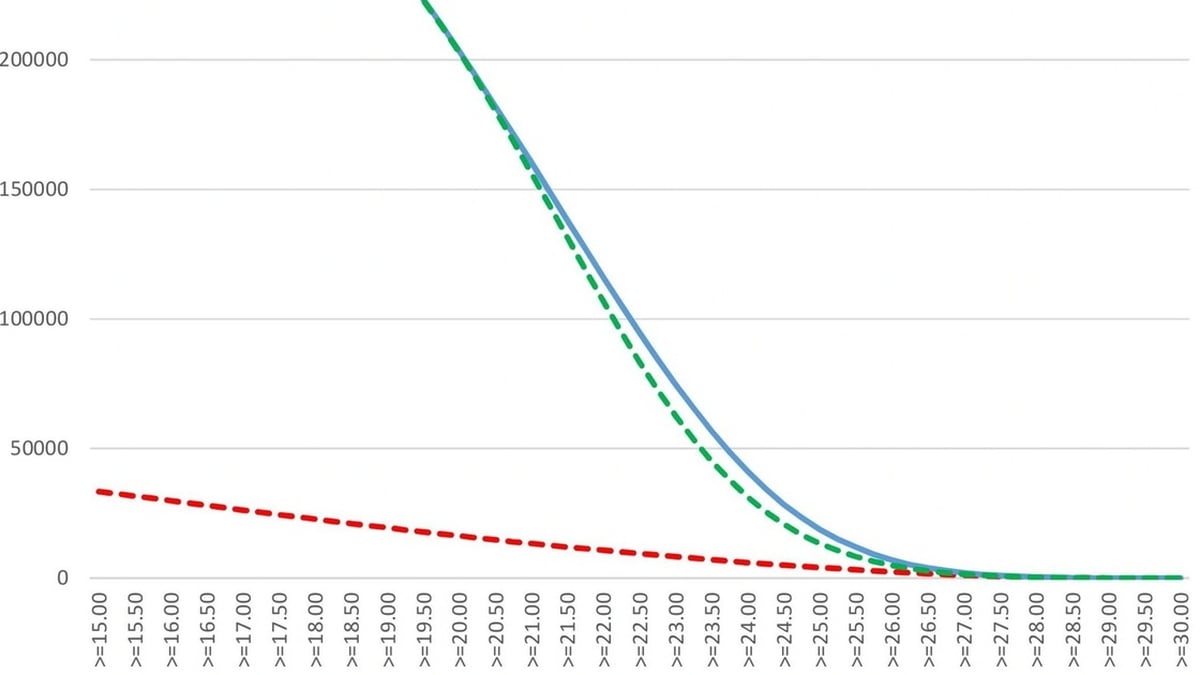

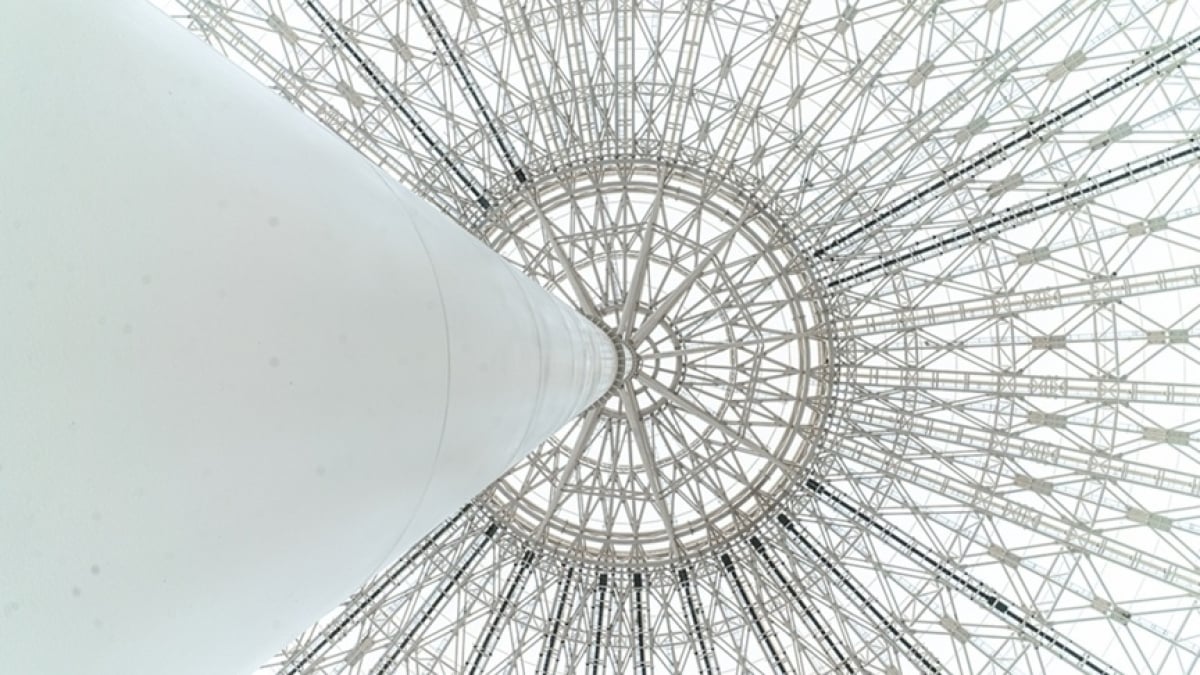
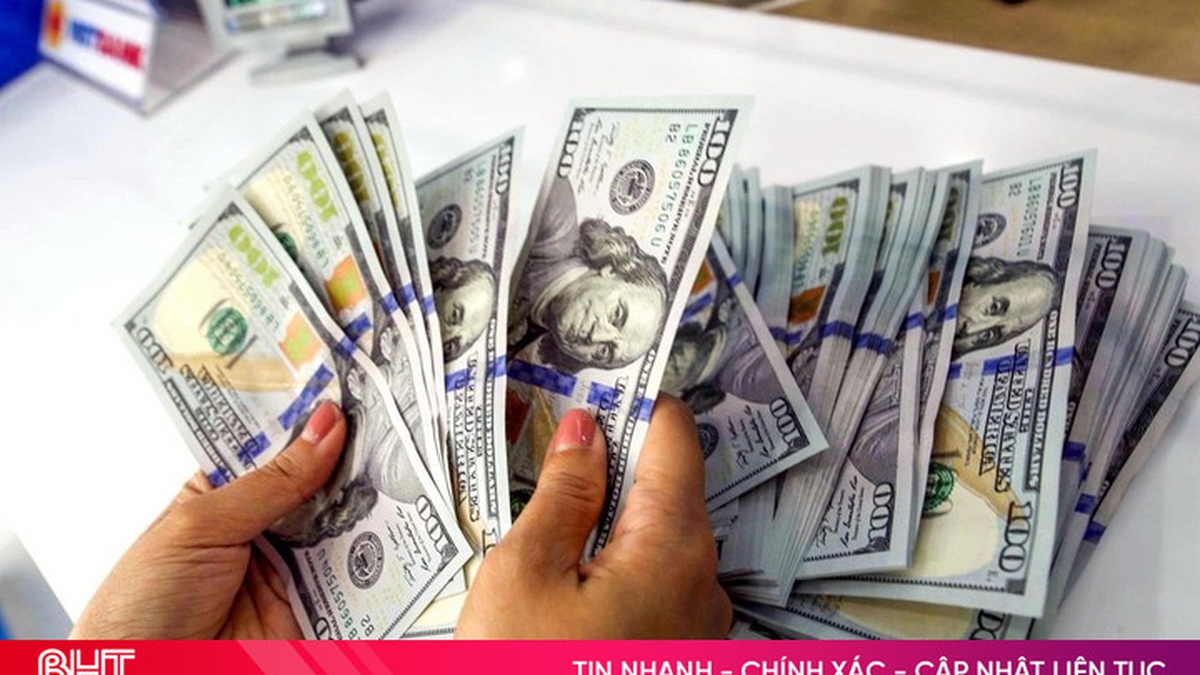
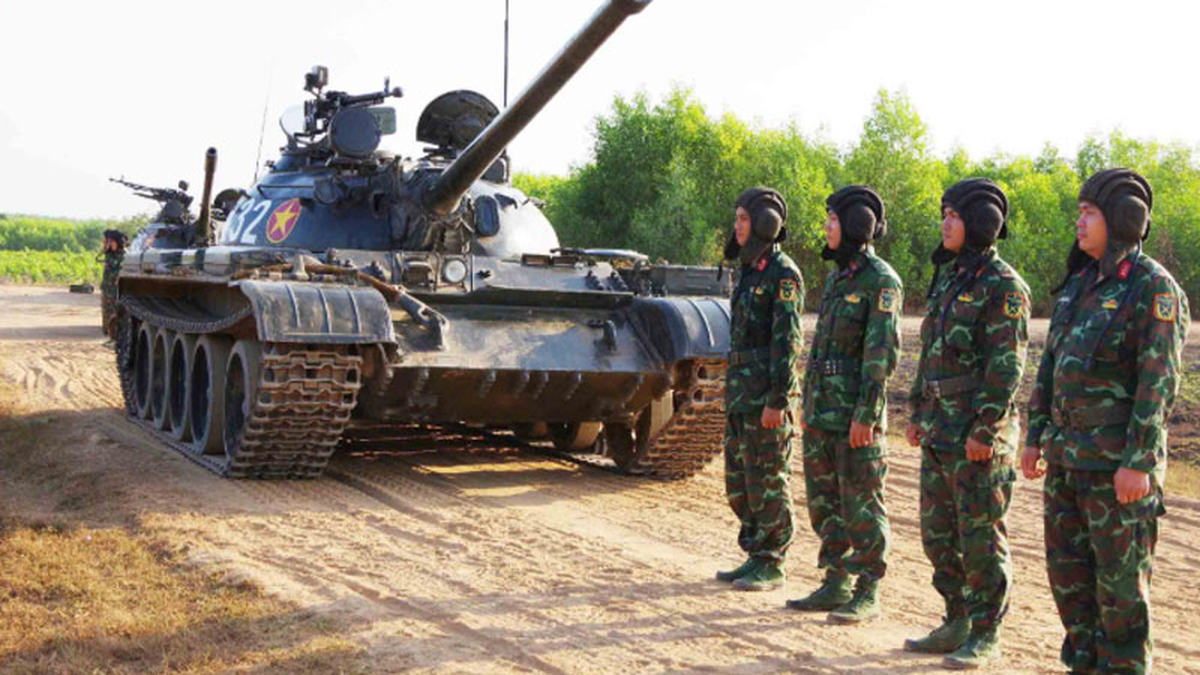
























































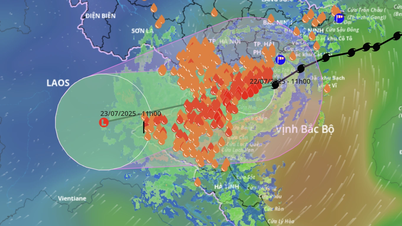

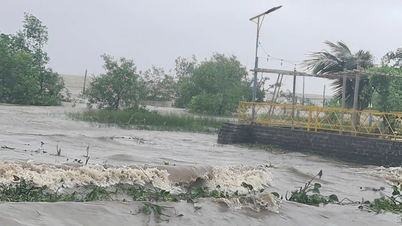








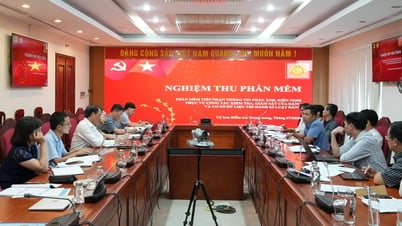


























Comment (0)